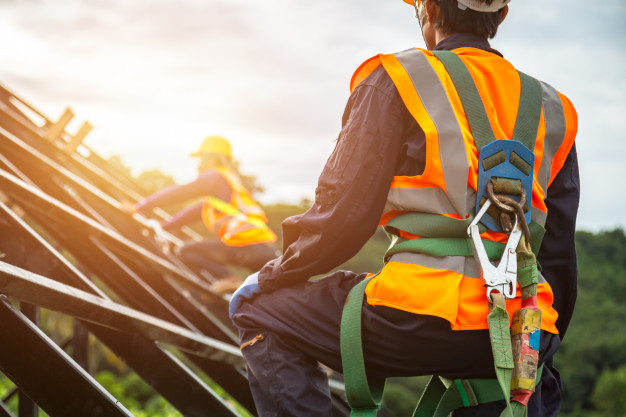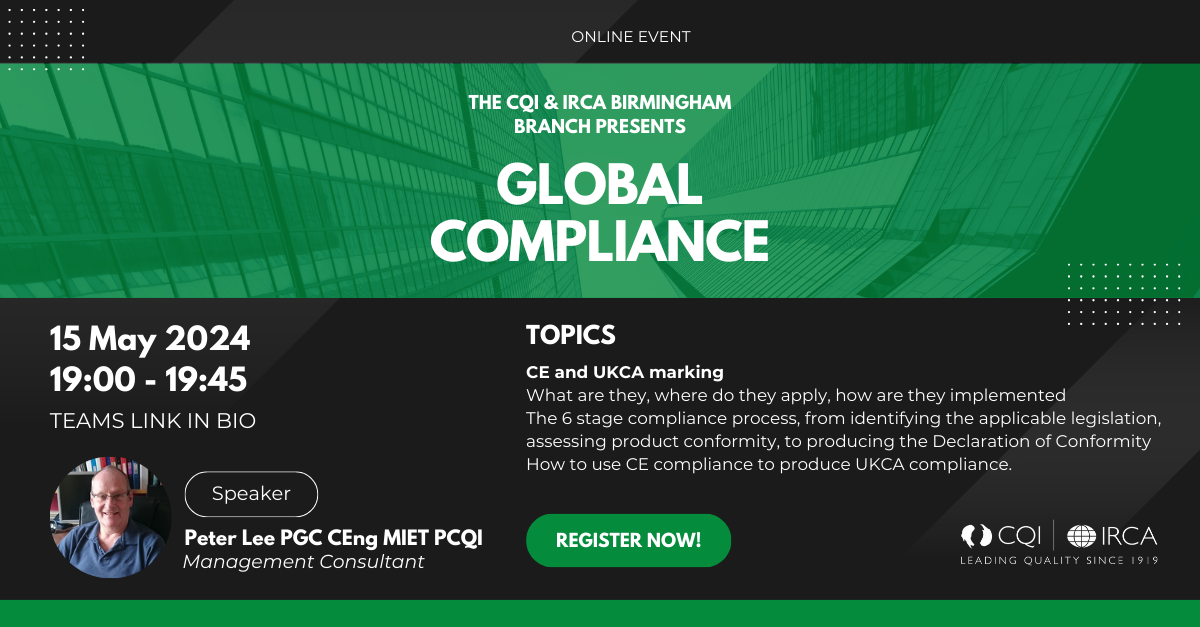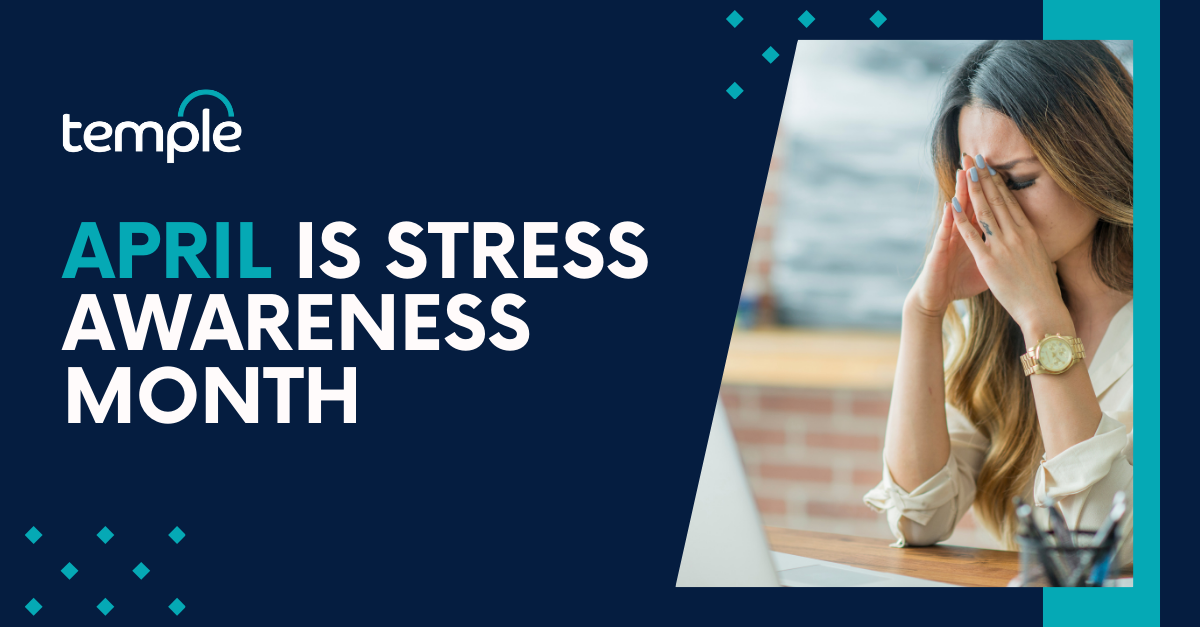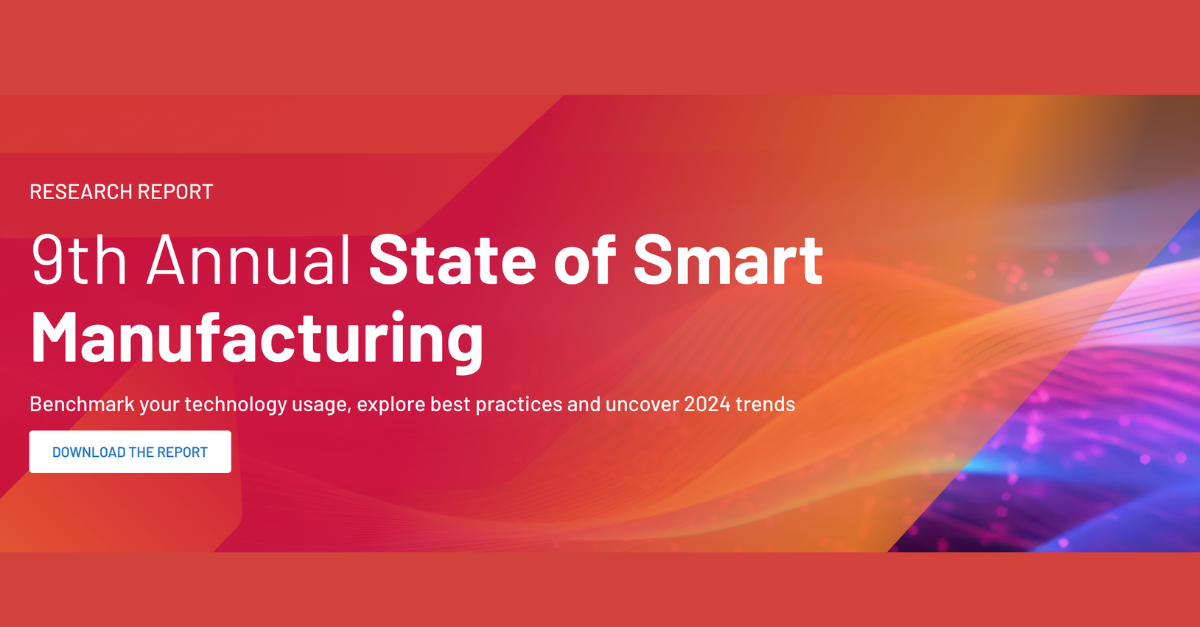
Up to £10k grant support available for Manufacturers in Shropshire
Temple QMS is delighted to be supporting the roll out of new grant funding in the Shropshire region. We will be supporting SME manufacturing businesses

Webinar in association with DNV GL – Business Assurance
Mental Health Awareness week 18th May 2020
Speakers
Mark Clewley
• Over 10 years experience in the
Certification industry
• Heading up the Account Management
team
Bob Hughes – CQP FCQI
• Over 35 years experience in the quality
industry
• Senior Lead Auditor
The coronavirus pandemic is having a huge impact on our mental health. Unlike physical injury, mental health is not always recognised or identified:
▪ Most adults spend at least a third of their time at work.
▪ Healthy and well-motivated employees have a positive impact on the productivity and effectiveness of a business. Good mental health at work and good management go hand in hand.
▪ Before Covid – One in four people in the UK were experiencing a mental health problem each
year.
▪ Poor mental health costs UK employers up to £45 billion each year. But for every £1 spent by employers on mental health interventions, they get back £5 in reduced absence, presenteeism, and staff turnover (Deloitte, 2020)
Why construction?
The construction industry lifestyle is undoubtedly both challenging and stressful.
• Long and demanding working hours, working away from home on site for weeks at a time
• Worry over industry stability and work future.
• The workforce that is predominantly male, specific risks associated with male mental health also
need to be considered.
• The “tough guy” image widespread in the construction industry is very much to blame. Asking
for help and opening up about emotions are just not things that come naturally to many of those
working in the industry.
• Results in the concept – suffer in silence
Statistics
57% of people in the construction industry have experienced mental ill health
• 30% have taken time off work due to mental health issues
• 400,000 working days lost in the industry each year due to mental ill health
• 1 in 4 construction workers have considered suicide
• These statistics are before COVID-19
Possible signs and depression in the workplace
Decreased productivity
• Morale problems
• Lack of co-operation
• Safety problems
• Absenteeism
• Presenteeism
• Frequent complaints of being tired all the time
• Complaints of unexpected aches and pains
• Alcohol and/or other drug misuse
Identifying work related stress
Employers should recognise the risks that work-related stress can pose.
▪ Their general duties to take reasonable care for the health, safety and wellbeing of their workers and others are not relaxed due to current crisis.
▪ Putting in place support mechanisms and creating a culture where employees feel able to share challenges with mental health should enable employers to identify the risks and devise strategies to manage them.
▪ The HSE frequently uses targeted inspections in order to drive up standards, and this is no less so in cases
involving work-related stress.
▪ HSE issued new guidance in September stating that it will investigate if it receives “evidence that a number of staff are experiencing work-related stress or stress-related ill-health (i.e. that it is not an individual case)”.
This is a significant marker that the HSE takes its duties in relation to workplace mental health seriously, and expects employers to do the same.
Well Being and ISO 45001 : The Connection
1. The surrounding environment we work in
2. Our own personal well being
3. Our Relationships
4. Our health
5. What we do
6. Where we live
7. Personal finance
8. Education, knowledge and our skills
Covid Toolbox Talks
▪Self Isolation
▪Procedure if someone falls ill
▪Travelling to Site
▪Site Access points
▪Hygiene ( Washing hands )
▪Toilet Facilities
▪Canteen and eating arrangements
▪Social distance onsite
If you would like any further information or a copy of the webinar – please contact jaz.tanwar@templeqms.com

Temple QMS is delighted to be supporting the roll out of new grant funding in the Shropshire region. We will be supporting SME manufacturing businesses

Global Compliance – Online event This presentation from Management Consultant Peter Lee, will be held 15 May 2024 – 19:00 – 19:45 CE and UKCA

Stress and poor mental health are one of the biggest public health challenges that we’re facing. Sadly, even though that is the case, we are

Sarah Dana, Director of Enterprise Software Sales for Northern Europe, Middle East and Africa at Rockwell Automation, shares her insights on the standout findings for UK